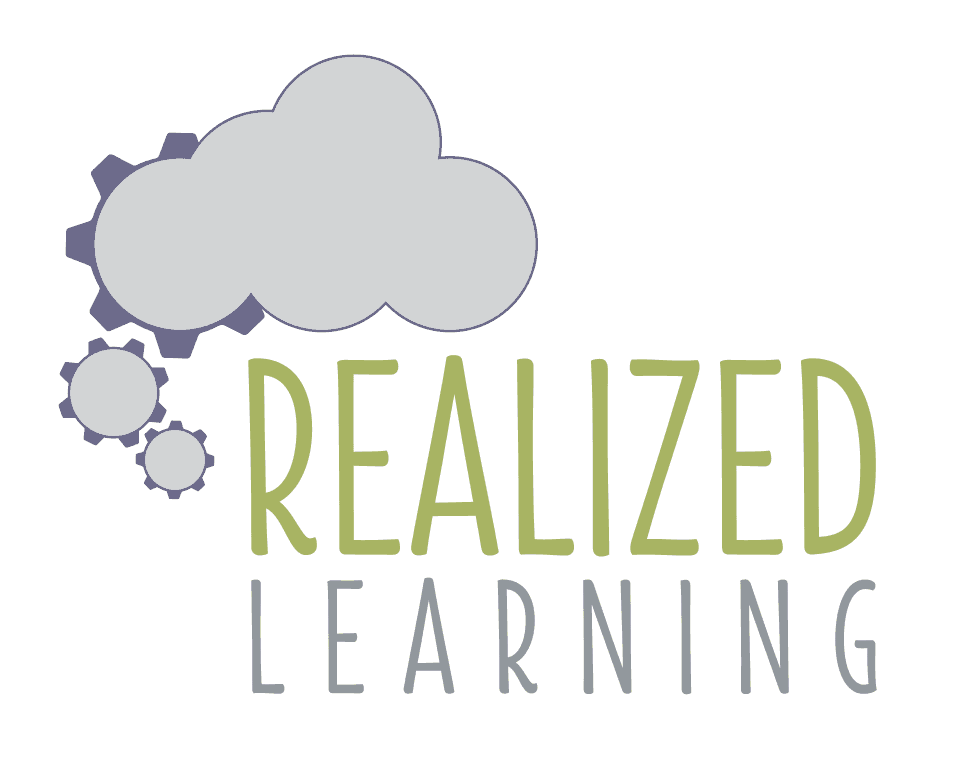Teachers and parents alike agree on a marked regression in students’ learning after the long summer break. Reading ability drops as well as math skills. It’s no wonder. Imagine you’ve just learned something completely new, for example the steps to making a complex recipe, and then someone asks you to recall that two months later. If you’re anything like me, that would be a complete and utter fail.
This regression is especially true for children who have learning challenges or struggle in their academics. Research has shown while top-achieving, above average students make slow, minimal growth over the summer, average and below average students lose a significant amount of their reading skills. This means that the gap between successful and struggling learners grows each year, making it harder and harder for a student with learning disabilities or even an average student to become a strong student (Mraz, Rasinski 2007). In an article by Reading Rockets, an online literacy resource, the research was troubling; “Our research with 116 first, second, and third graders in a school in a middle class neighborhood found that the decoding skills of nearly 45% of the participants and the fluency skills of 25% declined between May and September. Lower achieving students exhibited a sharper decline than higher achieving students” (Mraz, Rasinski 2007).
Reading is not the only area affected. Loss in math skills averages about 2 school months per student. Children are much more likely to read a book over the summer than sit down and do math problems. But the need to retain learning is just as great in both subjects.
So how do we fix the problem? The answer is simple: students need to spend time over the summer reading and doing math. Easier said than done, right? I remember during the final week of summer vacation before my 5th grade year laboring over a huge math packet of which I was supposed to complete a page per day. That was the absolute last thing I wanted to do on a beautiful, sunny summer day. I also remember telling my mother I had read one of the books on my summer reading list and completely and utterly failing her impromptu pop quiz about the book which I had indeed not read at all. I sat inside that day reading while my cousins and siblings all got to go to the candy store down the street. In the end, I actually did enjoy the book, “There’s a Bat in Bunk Five” (great book for preteen girls). But that’s neither here nor there. The old phrase “practice makes perfect” rings true. The more practice children have with a skill, the more likely they are to succeed, remember it, and be able to build new skills upon it. Kids want learning to be fun, especially in the summer when they believe they’re supposed to be off the hook. Make your child’s start to the new school year in September a success and let them have all the fun they want by signing up for my writing class, math class, or both! These are homework-free classes and just focus on practicing basic skills in a fun way without the pressure of assignments and tests. Your child will continue to grow academically, meet new friends, and have a great summer! And just imagine, no beginning-of-the-year homework tears!
Sources:
Mraz, M., Rasinski, T. (2007). Summer Reading Loss. http://www.readingrockets.org/article/summer-reading-loss
Onlinecollege.org. (2015, May). 15 Critical Facts Everyone Should Know About Summer Learning Loss. https://static1.squarespace.com/static/52eec360e4b0c81c80749630/t/590fae1be58c62a5ff7043af/1494199835890/AoW+1617_34+%28summer+learning+loss%29.pdf
